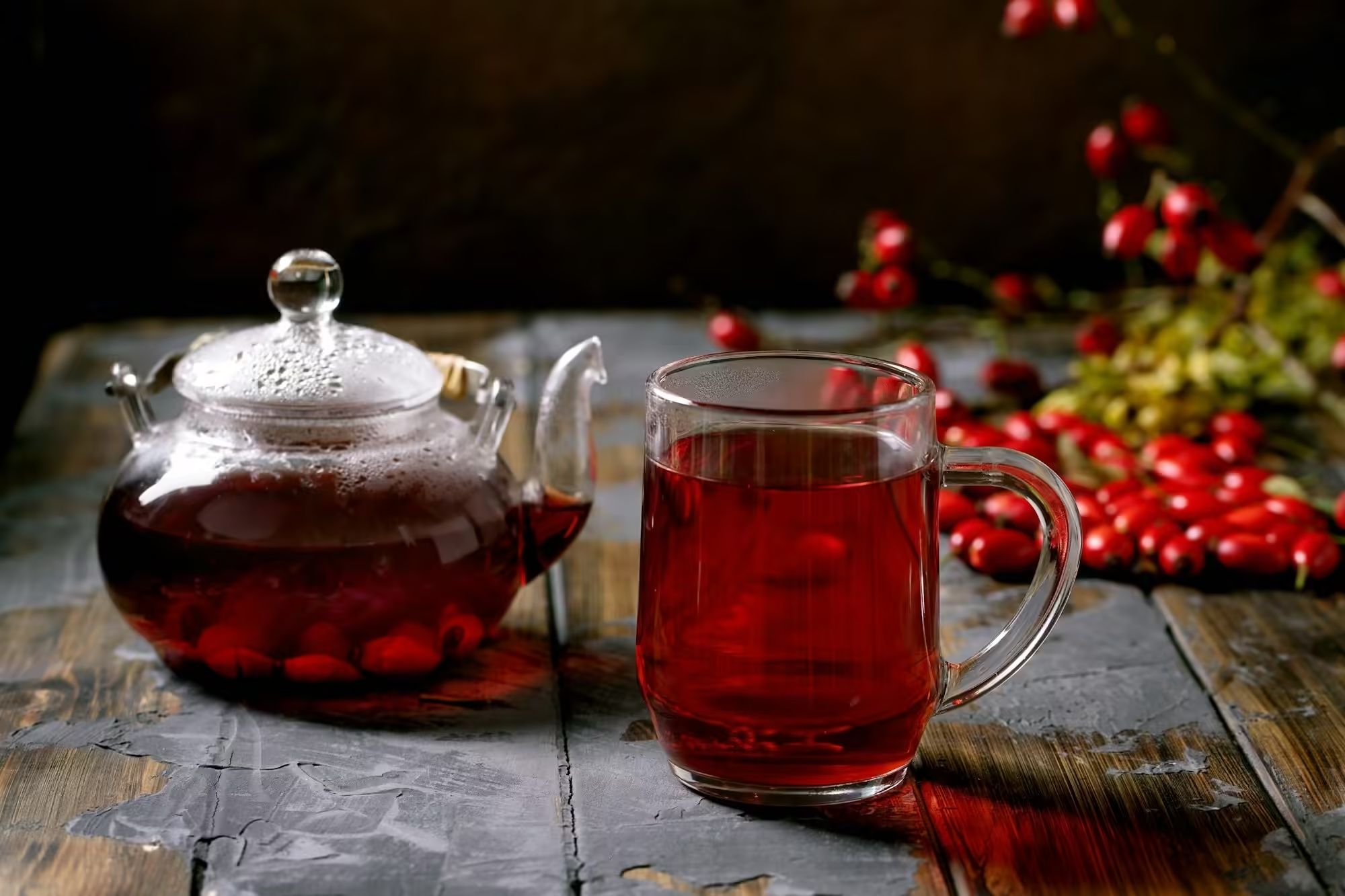
Tea: The Antioxidant Powerhouse
Tea: The Antioxidant Powerhouse for Health and Vitality. Tea stands out not only as a beloved beverage but also as a potent source of antioxidants that contribute to overall health […]
 play_arrow
play_arrow
The Ultimate Guide to Tea Brewing Mr. Tea Talk
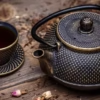 play_arrow
play_arrow
A Comprehensive Review of 3 Must-Have Tea Products on Amazon Mr. Tea Talk
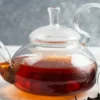 play_arrow
play_arrow
The Ultimate Guide to the Best Tea Essentials on Amazon: Kettles and Teapots You’ll Love Mr. Tea Talk
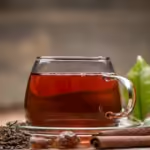 play_arrow
play_arrow
The Best Teapots for Tea Lovers: Silver vs. Borosilicate Glass Mr. Tea Talk
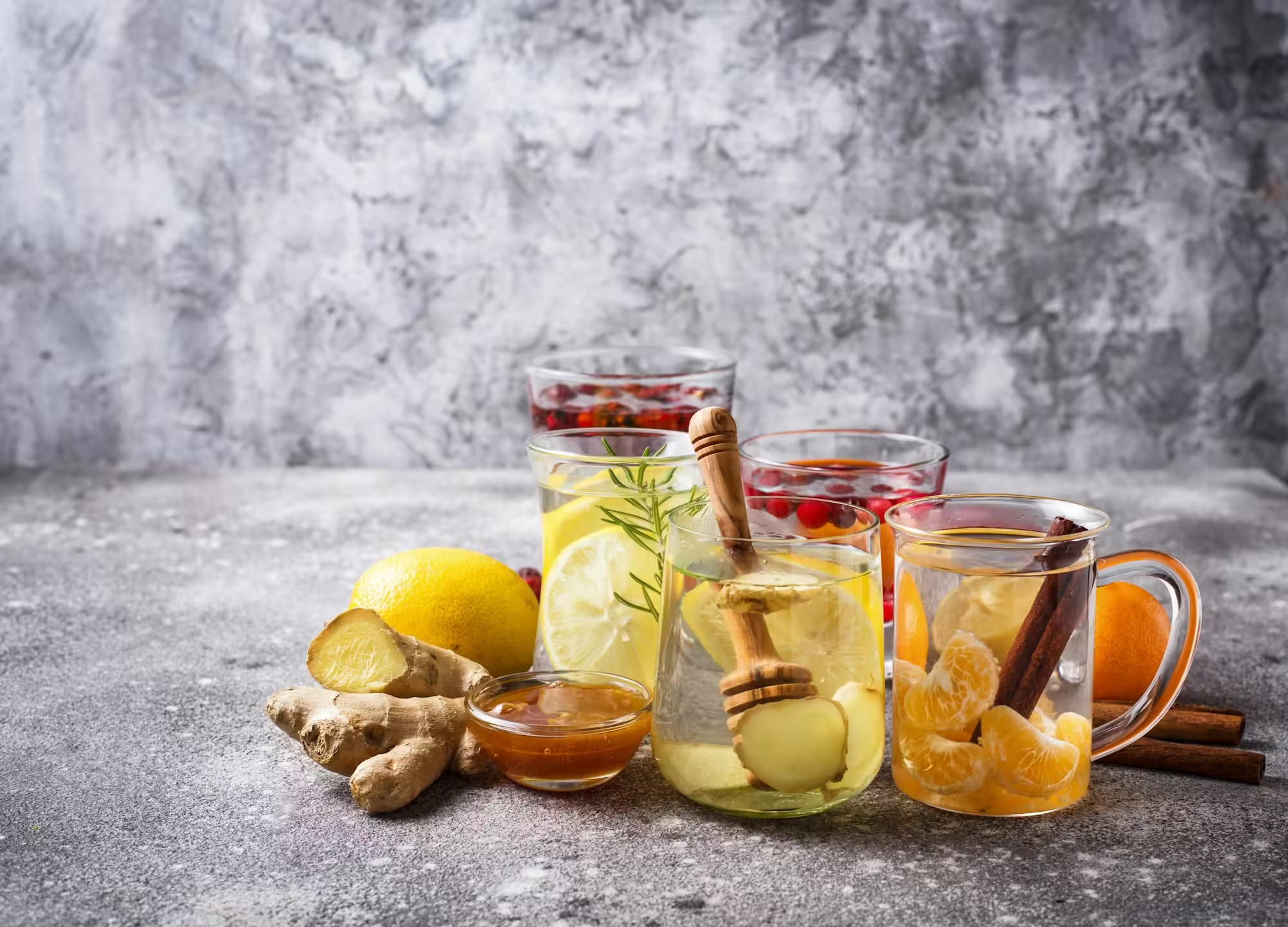
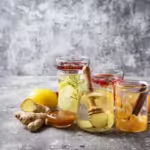 play_arrow
play_arrow
Tea for Your Immunity Mr. Tea Talk
Tea for Your Immunity: Strengthening Defenses with Nature’s Brew. Tea, beyond its delightful aroma and soothing warmth, has been cherished for centuries for its potential health benefits. One of its most compelling virtues is its ability to support immune health. In this exploration of “Tea for Your Immunity,” we delve into the diverse world of teas known for their immune-boosting properties. From antioxidant-rich green tea to the comforting herbal blends of chamomile and echinacea, discover how incorporating tea into your daily routine can fortify your body’s defenses. Join us as we uncover the science and tradition behind teas that may help you stay healthy and resilient year-round.
The immune system is a complex network of cells, tissues, and organs that work together to protect the body from harmful invaders like bacteria, viruses, and other pathogens. Key components of the immune system include:
When the immune system detects a foreign invader, it initiates a multi-step response:
A well-functioning immune system is essential for preventing infections and diseases, and tea can play a significant role in supporting these immune processes.
Tea, derived from the Camellia sinensis plant, is packed with compounds that can enhance immune function. Different types of tea—green, black, oolong, and white—contain varying levels of these beneficial compounds.
Tea is rich in antioxidants, particularly polyphenols such as catechins (found abundantly in green tea), theaflavins (in black tea), and flavonoids. These antioxidants help protect cells from oxidative stress and damage caused by free radicals, which can weaken the immune system. By neutralizing free radicals, antioxidants in tea help maintain the integrity and function of immune cells.
Tea contains several vitamins and minerals that are essential for immune health, including:
Tea, especially green tea, contains an amino acid called L-theanine. L-theanine has been shown to promote relaxation and reduce stress, which is important for immune health since chronic stress can weaken the immune system. Additionally, L-theanine may enhance the activity of T cells, which are essential for adaptive immunity.
Green tea is renowned for its high concentration of catechins, particularly epigallocatechin gallate (EGCG). EGCG has potent antioxidant, anti-inflammatory, and antimicrobial properties, making green tea a powerful immune booster. Studies have shown that green tea can enhance the function of immune cells and increase the production of cytokines, which are signaling molecules that help regulate the immune response.
Black tea undergoes oxidation, which converts catechins into theaflavins and thearubigins. These compounds have been found to improve immune function by enhancing the activity of immune cells and reducing inflammation. Black tea also contains alkylamines, which help prime the immune system to respond more effectively to pathogens.
Oolong tea is partially fermented, giving it a unique profile of polyphenols that combine the benefits of both green and black teas. Oolong tea can help boost the immune system by increasing the production of interferons, proteins that play a crucial role in the immune response to viral infections.
White tea is the least processed type of tea, retaining a high concentration of catechins and other polyphenols. Its potent antioxidant and anti-inflammatory properties make it an excellent choice for immune support. White tea has also been shown to enhance the activity of natural killer (NK) cells, which are essential for the early defense against infections.
While not derived from the Camellia sinensis plant, herbal teas also offer immune-boosting benefits. Some popular herbal teas include:
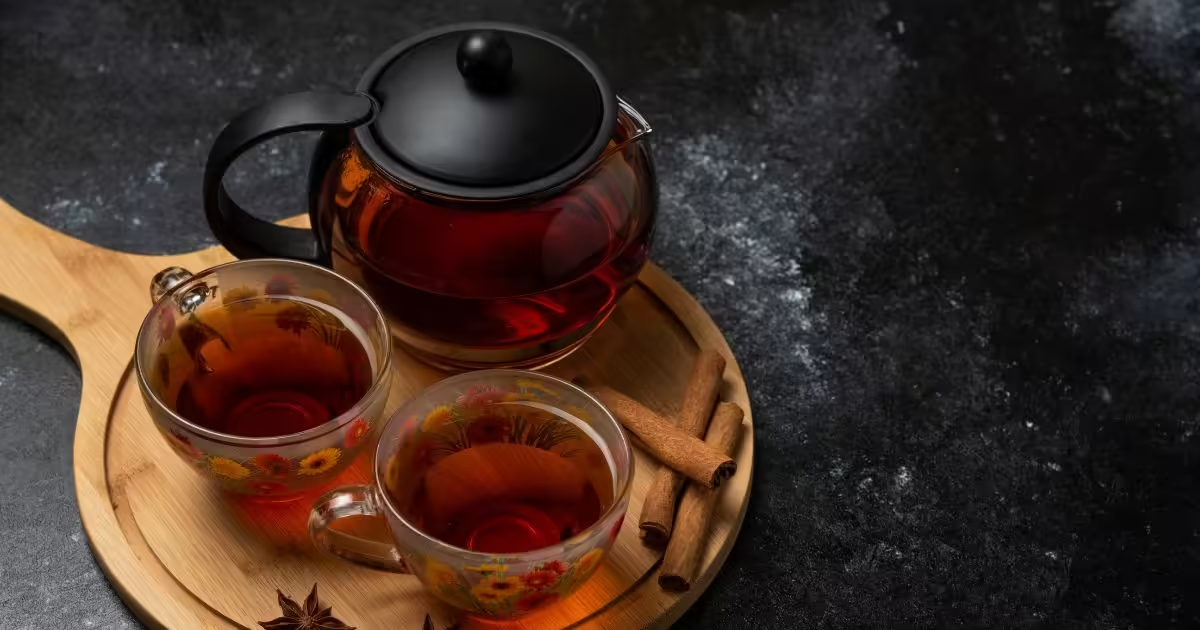
To maximize the immune-boosting benefits of tea, consider the following tips:
Helps for high-quality loose leaf tea or tea bags from reputable sources. High-quality teas are more likely to contain higher levels of beneficial compounds and provide better health benefits.
Brewing tea correctly ensures that you extract the maximum amount of beneficial compounds. Here are some general guidelines:
Adding too much sugar to your tea can negate some of its health benefits. Instead, try natural sweeteners like honey or enjoy the tea plain to fully appreciate its flavor and health benefits.
To reap the immune-boosting benefits of tea, make it a regular part of your daily routine. Aim to drink 3-5 cups of tea per day, depending on your caffeine tolerance and personal preferences. Remember that herbal teas are caffeine-free and can be consumed at any time of day.
Each type of tea offers unique health benefits, so try incorporating a variety of teas into your diet. This not only provides a broad range of beneficial compounds but also keeps your tea-drinking experience interesting and enjoyable.
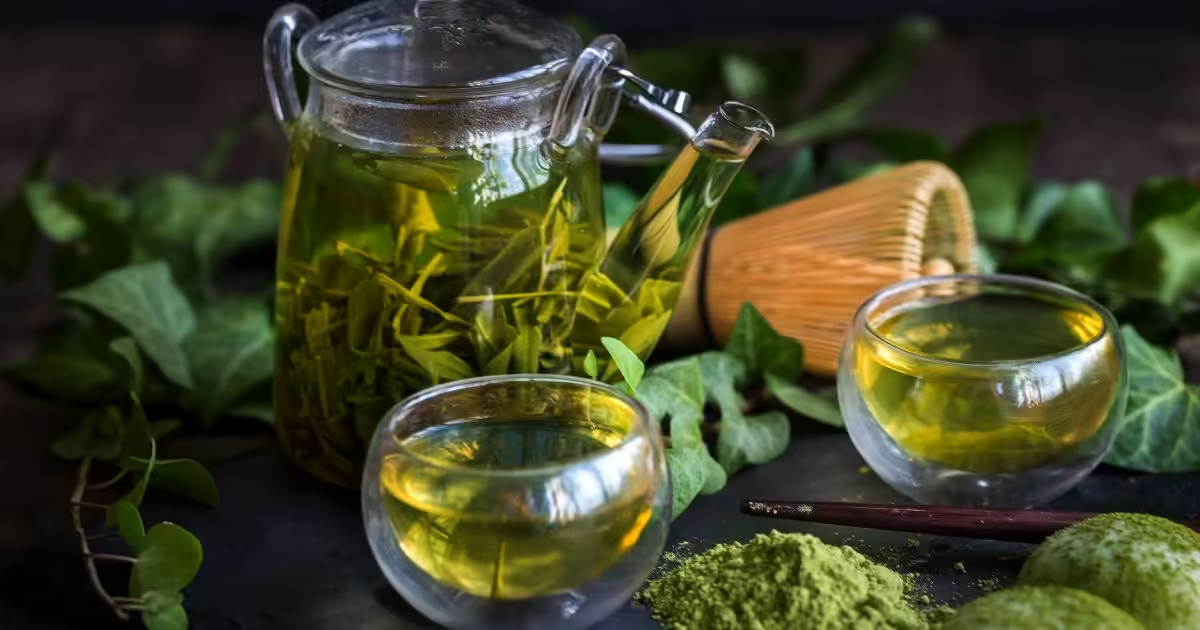
While tea can be a powerful ally in boosting your immune system, it is important to maintain a holistic approach to health. Here are some additional lifestyle tips to support your immune system:
Consume a diet rich in fruits, vegetables, whole grains, lean proteins, and healthy fats. These foods provide essential vitamins, minerals, and antioxidants that support immune function.
Drinking plenty of water helps maintain the balance of bodily fluids, supports immune function, and helps flush out toxins. In addition to tea, make sure to drink adequate amounts of water throughout the day.
Regular physical activity can enhance immune function by promoting healthy circulation and reducing inflammation. Aim for at least 150 minutes of moderate-intensity exercise per week, such as walking, jogging, or cycling.
Adequate sleep is crucial for a healthy immune system. Aim for 7-9 hours of quality sleep each night to support immune function and overall well-being.
Chronic stress can weaken the immune system and increase the risk of illness. Practice stress management techniques such as meditation, deep breathing exercises, yoga, or engaging in hobbies you enjoy.
Maintain good hygiene practices, such as washing your hands regularly, avoiding close contact with sick individuals, and keeping your living environment clean. These practices can help reduce the risk of infections and support your immune health.

Tea is a delightful and natural way to boost your immunity and stay healthy year-round. Rich in antioxidants, vitamins, and other beneficial compounds, tea can support immune function, reduce inflammation, and protect against infections. By incorporating a variety of teas into your daily routine and maintaining a healthy lifestyle, you can enhance your immune defenses and enjoy better health. So, brew yourself a cup of tea, sit back, and let this ancient beverage work its magic on your immune system. Cheers to a healthier, more resilient you!
Tagged as: Health Benefits of Tea, Immunity Boost.

Tea: The Antioxidant Powerhouse for Health and Vitality. Tea stands out not only as a beloved beverage but also as a potent source of antioxidants that contribute to overall health […]
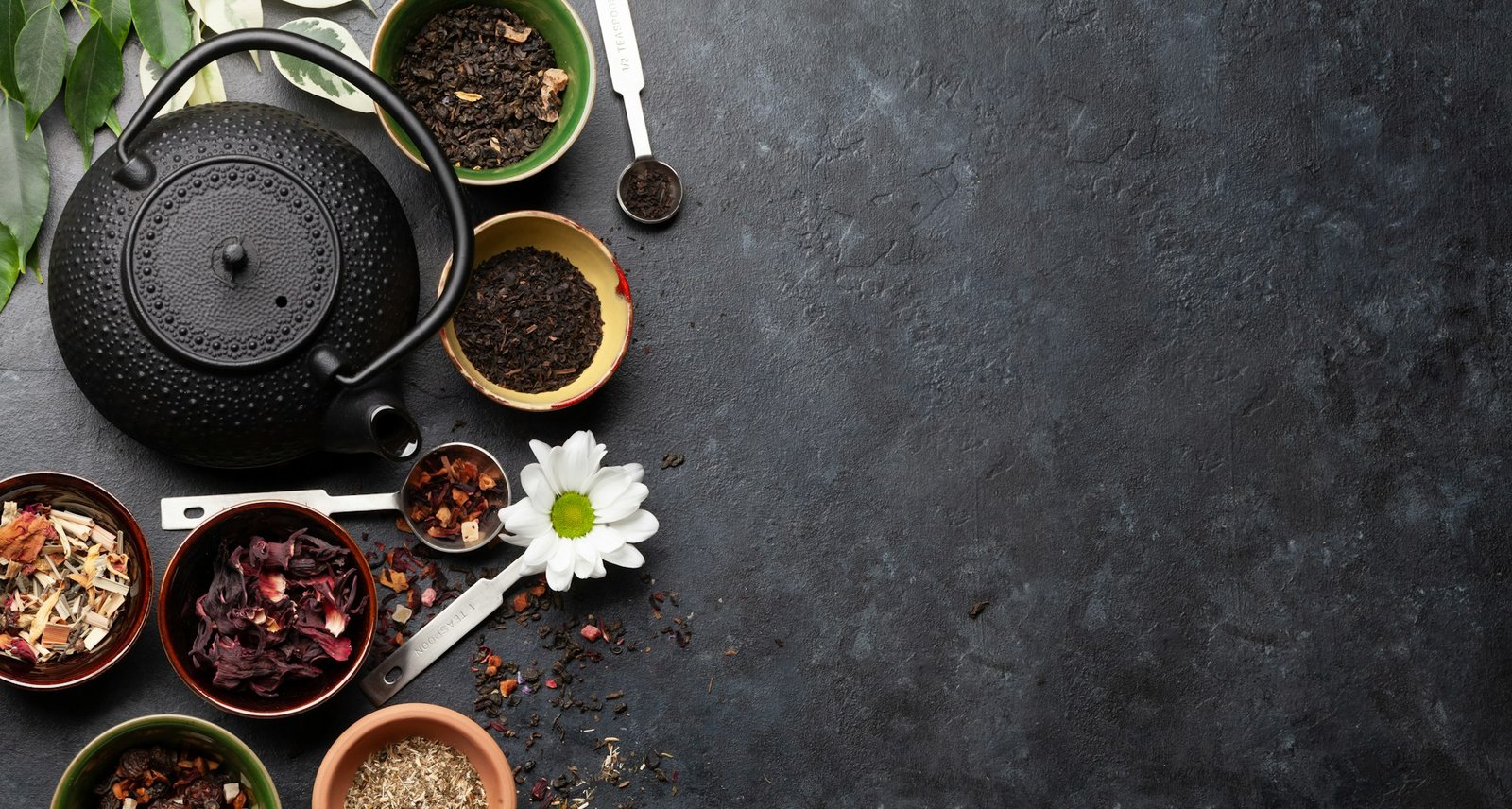
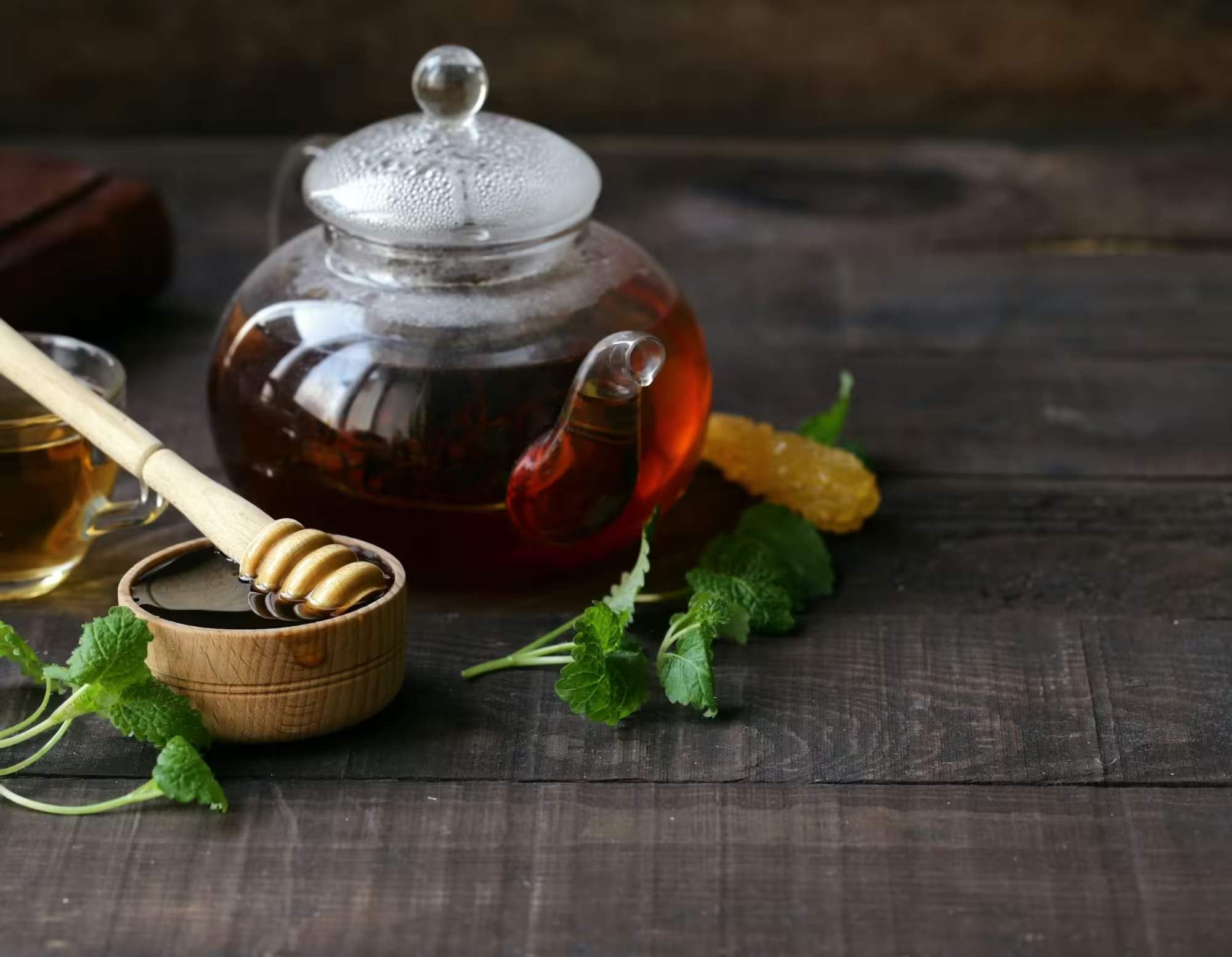
Copyright | Ceylon Wild Tea - All Rights Reserved | 2025
Post comments
This post currently has no comments.